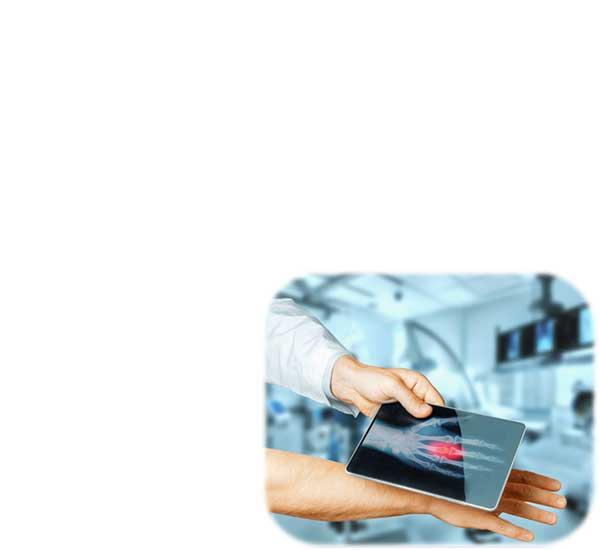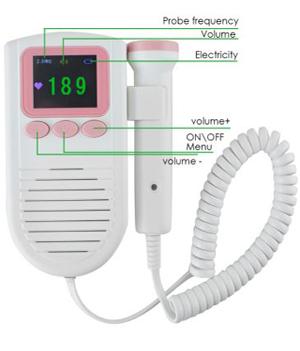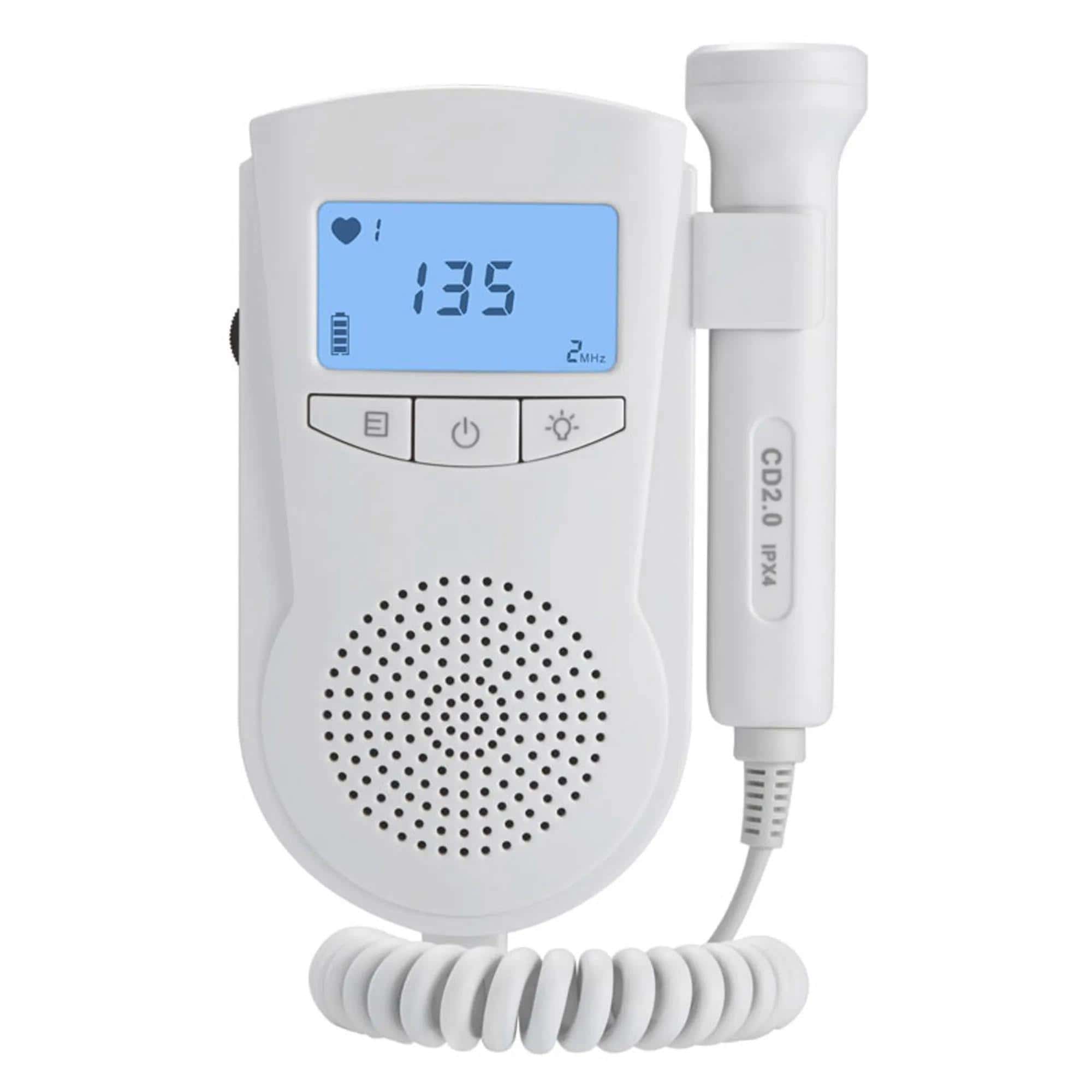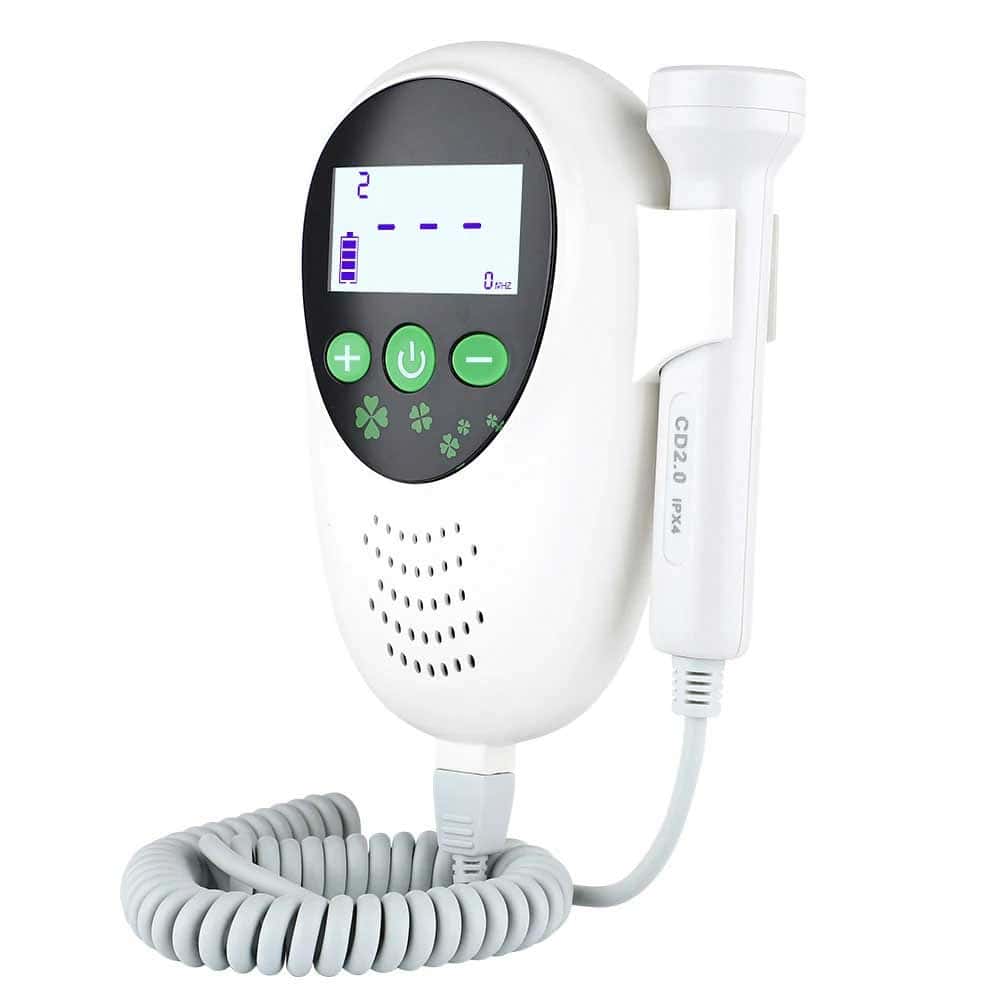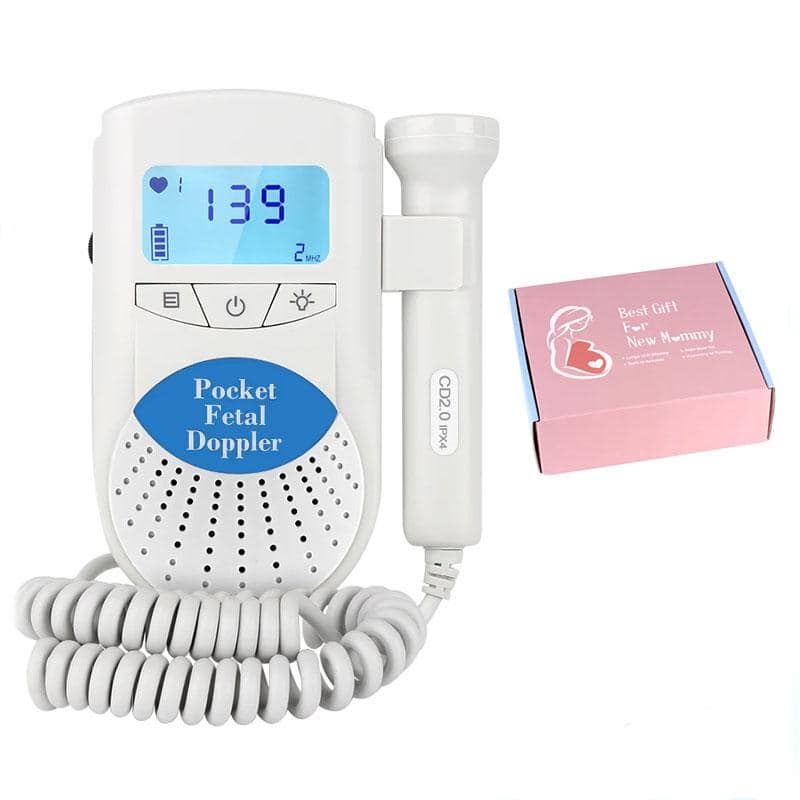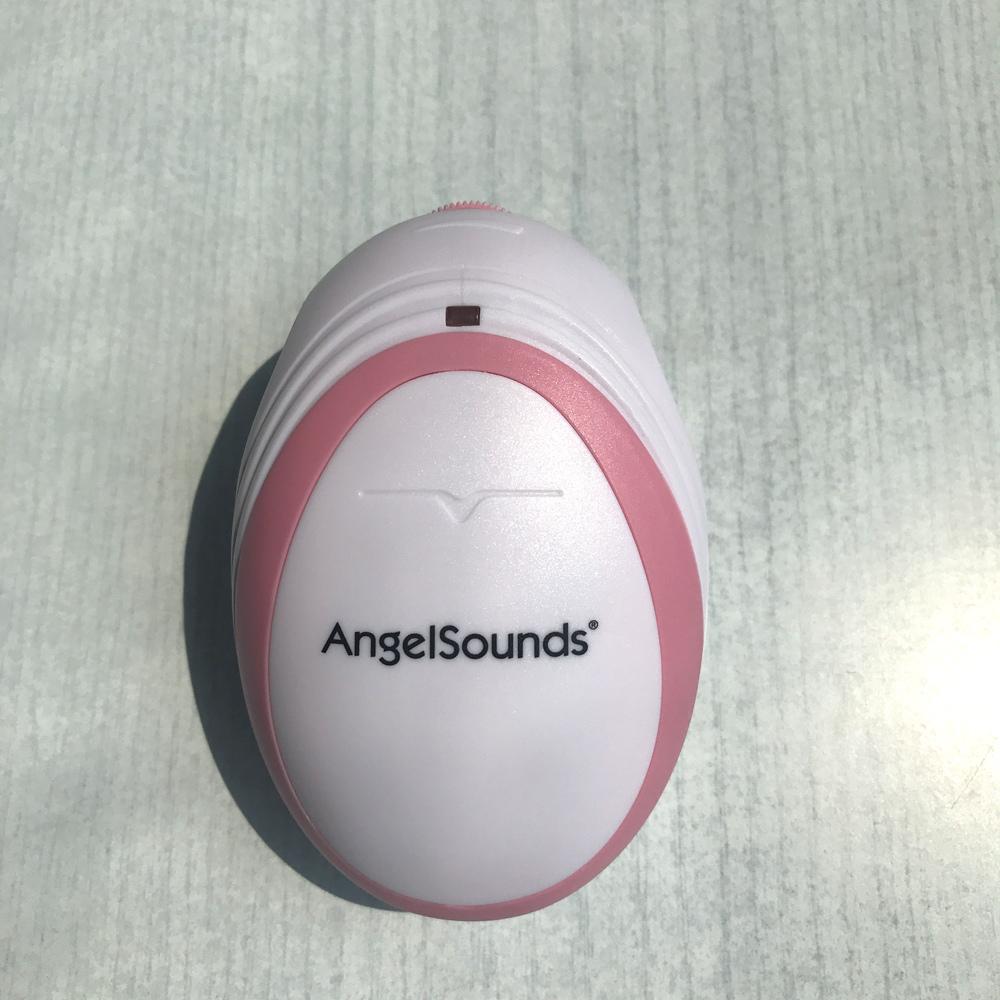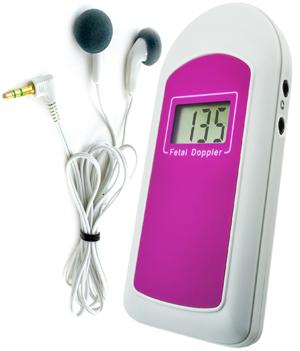Understanding Fetal Heart Doppler: A Complete Guide Leave a comment
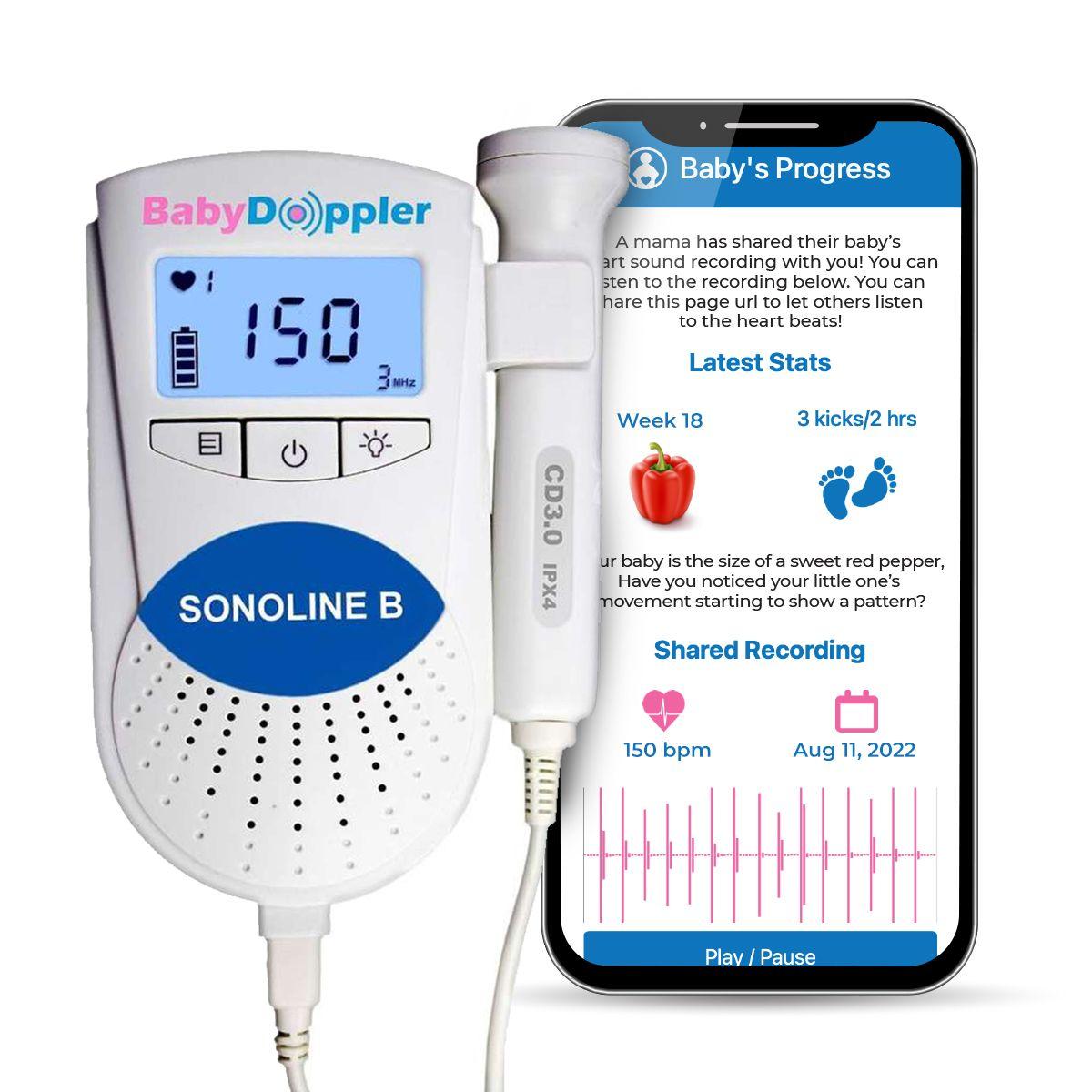
Fetal Heart Doppler
The concept of monitoring an unborn baby’s health has considerably evolved with technology. Among the tools used today, the Fetal Heart Doppler stands out as one of the most remarkable devices. In this article, we will explore what a Fetal Heart Doppler is, its benefits, practical tips for using it, and much more!
What is a Fetal Heart Doppler?
A Fetal Heart Doppler is a handheld ultrasound device that allows expectant parents and healthcare professionals to listen to a fetus’s heartbeat during pregnancy. This device uses sound waves to detect the heart rate of the baby, making it an essential tool in prenatal care.
How Does It Work?
The Doppler effect is the principle behind this device. The Fetal Heart Doppler emits high-frequency sound waves that bounce off moving objects—in this case, the baby’s heart. The device then translates these sound waves into audio, allowing parents to hear their baby’s heartbeat.
Benefits of Using Fetal Heart Doppler
There are numerous benefits associated with using a Fetal Heart Doppler, including:
-
- Peace of Mind: Listening to your baby’s heartbeat can alleviate anxiety for expectant parents.
-
- Connection: hearing the heartbeat allows parents to bond with their baby even before birth.
-
- Monitoring: It provides a way to keep track of the baby’s health between doctor visits.
-
- Non-Invasive: It is a safe and non-invasive method to monitor fetal health.
Practical Tips for Using a Fetal Heart Doppler
Here are some helpful tips for using a Fetal Heart Doppler effectively:
-
- Timing: The best time to start using a Doppler is usually after the 12th week of pregnancy when the heartbeat is easier to detect.
-
- Positioning: Use the Doppler on the lower abdomen, usually around the pubic bone. Tilt the probe slightly to find the best signal.
-
- Gel application: Use ultrasonic gel for better sound wave conduction. A generous amount may be necessary.
-
- Stay Calm: If you cannot find the heartbeat, try to relax and reposition the device. Sometimes, the baby might be in a position that obstructs the sound.
Case Studies: Real Experiences with Fetal Heart Doppler
Here are a few anecdotal experiences from parents who have used the Fetal Heart Doppler:
| Parent’s Name | Experience | Outcome |
|---|---|---|
| Emily T. | First time hearing the heartbeat was magical! | Improved bonding with baby. |
| Mark S. | Used Doppler for peace of mind during a high-risk pregnancy. | Regular monitoring led to early interventions. |
| Jennifer L. | Couldn’t find the heartbeat once and panicked. | Doctor’s visit confirmed everything was fine. |
Handling Concerns: Expert Opinions and Tips
Many expectant parents worry about using a Fetal Heart Doppler. Here are some common concerns addressed by healthcare professionals:
-
- Frequency of Use: According to experts, moderation is key. It’s recommended not to use it daily but rather occasionally, especially to check on occasions of doubt.
-
- Skill Requirement: While using a Doppler is relatively simple, it may take some practice to find the heartbeat. Consult a healthcare provider for a demonstration.
-
- Risks: There are virtually no risks associated with occasional use. However, it shoudl not replace regular check-ups with a healthcare provider.
First-Hand Experience: A Parent’s Journey
Here’s a personal account from Sarah, an expectant mother who used a Fetal Heart Doppler:
“When I found out I was pregnant, I was excited yet anxious. I decided to buy a Fetal Heart Doppler after speaking to my doctor. The first time I used it, I was overwhelmed with emotions when I finally heard my baby’s heartbeat. It was the reassurance I needed. I would recommend it to any expectant parent, but I learned to use it responsibly and not rely solely on it. It became a special part of my pregnancy journey.”
Conclusion
A Fetal Heart Doppler is an astounding tool that can enhance the prenatal experience for many parents. From providing peace of mind to creating a bond with your baby,it serves various purposes throughout pregnancy. While it is a fantastic device, remember that it should complement, not replace, regular prenatal check-ups with your healthcare provider. Always consult with a medical professional regarding any concerns about your pregnancy. Happy listening!



